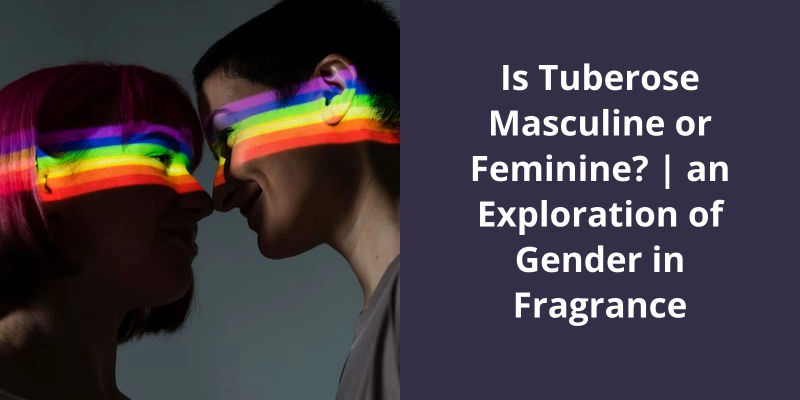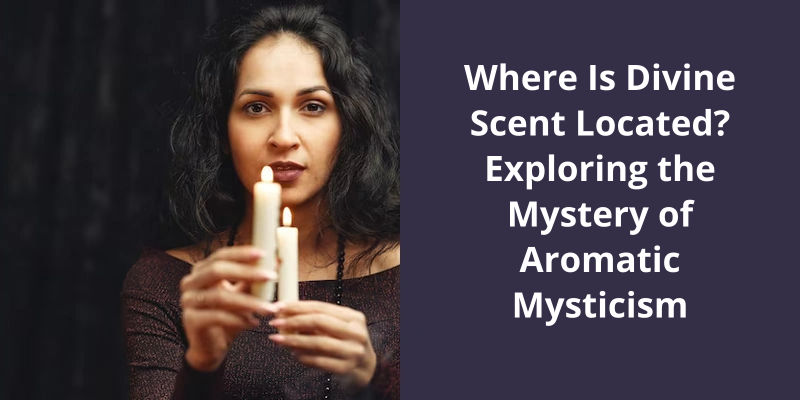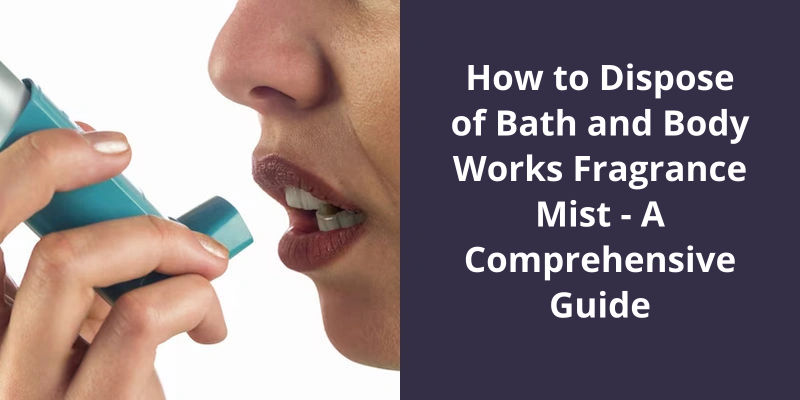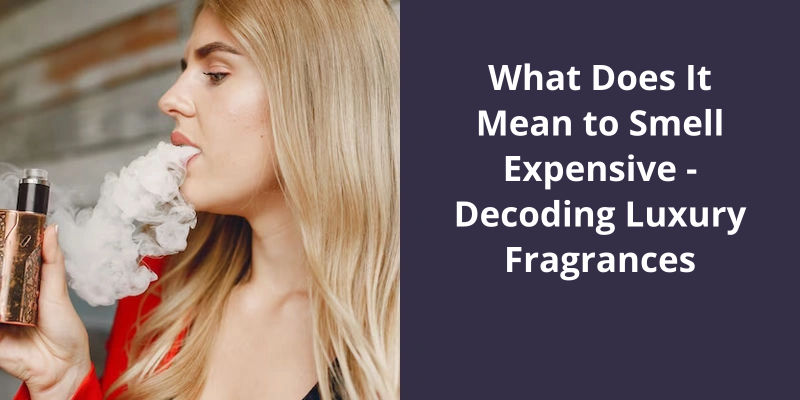The art of perfume selection has been around for centuries, and it’s often regarded as a symbol of personal expression and style. Perfumes have the power to evoke memories and emotions, and they play a crucial role in our daily lives. Some people prefer to stick to one signature scent, while others enjoy curating a collection of fragrances that suits their mood, occasion, and personality. The latter is often considered the ideal approach since having multiple perfumes allows you to cater to different settings and moods. However, with so many scents and brands to choose from, finding the perfect collection can be overwhelming and intimidating. The key is to understand your preferences, lifestyle, and the setting in which you’ll be wearing the perfume.

How Many Perfumes Are Too Many Perfumes?
When it comes to perfumes, there are mixed opinions about how many is too many. Some people prefer to stick to just one signature scent, while others enjoy having a variety of options to choose from. Generally, two perfumes are recommended – one for daytime wear and one for evening wear. This allows for a subtle transition from day to night without overpowering others with a strong scent.
However, some people believe that having multiple perfumes is the way to go. With a range of scents to choose from, one can alter their fragrance to match the occasion, mood or outfit. For example, a citrus or floral scent may be perfect for a spring day, while a rich, musky scent may be more suitable for a winter evening. It also means that no one scent becomes too associated with the wearer, giving them more scope to experiment with different smells.
From a practical standpoint, it’s difficult to use up large quantities of fragrance before they expire or lose their potency.
Those who enjoy experimenting with different scents may prefer to have a few different options, while others may prefer to stick to one tried and true fragrance. As long as the person wearing the fragrance is happy and comfortable with their choice, that’s all that matters.
How to Properly Store and Extend the Life of Your Perfumes
- Store your perfumes in a cool, dark and dry place like a closet or dresser drawer. Keep them away from direct sunlight, humidity and extreme temperatures.
- Avoid storing perfumes in the bathroom as moisture and heat can negatively affect their shelf life.
- Keep the original packaging of your perfumes if possible to protect them from light and air exposure.
- Avoid shaking your perfumes as this can break down the chemical composition and alter their fragrance.
- Use a perfume atomizer to transfer your perfume into a smaller and portable bottle for on-the-go use.
- Apply perfume directly onto your skin rather than on your clothes to ensure the fragrance lasts longer.
- Rotate your perfumes regularly to prevent them from going stale and losing their scent.
- Don’t use expired perfumes as the chemical composition can change and cause skin irritation or other allergic reactions.
It’s important to know how many sprays to use when it comes to applying fragrance. While some may argue that more is better, overdoing it can actually be off-putting to those around you. In fact, there’s a recommended range of sprays that will help you achieve an even scent without overwhelming others. Keep reading to learn more.
Is 3 Sprays Too Much?
When it comes to perfumes, the amount you should apply can be a bit of a mystery. One of the most common questions is whether three sprays are too much. The answer to that question is that it depends on the intensity of the fragrance you’re using. On the other hand, if you’re using a lighter scent, then three sprays may be just right.
However, it’s important to remember that these are just guidelines. Additionally, if you’re combining perfumes, you may need to adjust your application accordingly.
One other thing to consider is that the number of sprays you use really only applies to your initial spray. After that, you may need to reapply throughout the day to maintain the scent. How often you need to reapply will depend on the scent you’re using, as well as your individual body chemistry and activity level.
It depends. However, if you’re using a stronger scent, you may want to use fewer sprays or apply them less frequently throughout the day. Ultimately, finding the right amount of perfume to use is a personal decision that will vary from person to person.
Now that you know how much perfume to use, it’s important to consider the potency of the fragrance. Testing the strength of a new perfume at home can save you from wearing an overpowering scent in public. In this next section, we’ll explore some tips for finding the perfect perfume for you.
How Much Perfume Should I Have?
Apply one spritz to your wrist or the back of your hand and let it dry down. If after an hour you can still smell it strongly, you may want to dial back the amount you apply when you wear it. On the other hand, if it seems too faint, you can add another spritz and see how that works. It’s always better to err on the side of caution when it comes to perfume, as over-application can be overwhelming to yourself and others.
The amount of perfume you wear should also be dictated by the occasion. For a casual daytime outing, a light spritz or two will suffice. For a more formal event, such as a wedding or gala, you may want to use a bit more. This will depend on the style of the event and the particular fragrance you choose. A richer, more intense perfume may only require one spritz, while a lighter, fresher fragrance may require a few more.
It’s also important to take into consideration the strength of the perfume. Some fragrances are more potent than others, so you should adjust the amount you wear accordingly. Eau de parfum, for example, is much stronger than eau de toilette and will require less application. With eau de toilette, you may want to use a bit more to achieve the desired effect.
In the summer months, when temperatures are higher, it’s advisable to use less perfume as the heat can intensify it’s effects. Similarly, during the daytime, a lighter touch is recommended, while evening events may call for a slightly heavier hand.
There’s no right or wrong amount to use, so experiment with different fragrances and application methods to find what works best for you. Remember, less is often more when it comes to perfume, so use it sparingly and with care.
How to Choose the Right Perfume for Different Occasions
- Consider the occasion: for example, a light and fresh scent for daytime events, and a more intense fragrance for evening events.
- Think about the season: lighter scents for warmer months, and deeper fragrances for cooler months.
- Consider your personal style: choose a perfume that suits your personality and reflects your taste.
- Spray the perfume on your skin to test it: fragrances can smell different on each person’s skin, so it’s important to try it on yourself.
- Take your time: don’t make a decision too quickly, take the time to smell and compare different scents before making a choice.
- Consider the longevity: if you want the scent to last all day, choose a perfume with a stronger concentration, such as an eau de parfum or perfume.
Understanding how much perfume is normal is key to maximizing it’s usage and enjoying it for an extended period. While the number of sprays per bottle varies, the concentration of the fragrance and how often it’s used can affect how long it lasts. In this article, we’ll explore some useful tips for getting the most out of your favorite scents.
How Much Perfume Is Normal?
The amount of perfume one should use depends on personal preference and the occasion. For daily use, it’s recommended to apply perfume lightly, with only 1-2 sprays on pulse points, such as the neck and wrist. This amount is enough to enhance and refresh a persons natural scent without being overpowering. For special occasions, or when one wants to make a stronger impression, a person can apply more sprays, but it’s important to keep in mind that an excessive amount can be overwhelming and offensive to others.
Individual factors such as body chemistry, skin type, and even the weather can affect how long a perfume lasts on the skin. Generally, fragrances with higher concentrations, such as Eau de Parfum (EDP), will last longer than those with lower concentrations, such as Eau de Toilette (EDT) or Eau de Cologne (EDC). EDT and EDC typically contain between 5-15% fragrance oil, while EDP contains between 15-20%, and parfum contains the highest concentration of 20-30%. A higher concentration means that less spray is needed for the same effect, so one should keep this in mind when selecting a fragrance.
When applying perfume, it’s important to aim for the pulse points, which are areas where the blood vessels are closer to the surface of the skin. These areas generate heat and help to intensify the fragrance. The most common pulse points are the neck, wrist, inner elbow, behind the ear, and behind the knees. However, it isn’t necessary to apply perfume to all of these areas at once. One or two pulse points are usually sufficient.
Some perfumes have stronger sillage than others, which means that the scent lingers in the air and can be detected from a distance. Other fragrances have a more subtle sillage, which means that they stay closer to the skin and are only detectable to those who’re near the person wearing the fragrance. Stronger fragrances require fewer sprays, while subtler fragrances may require a slightly heavier hand.
Conclusion
In conclusion, owning multiple perfumes isn’t only normal but also necessary for those who want to express themselves to the fullest and enjoy the benefits of an extensive collection of distinct and exciting fragrances.





